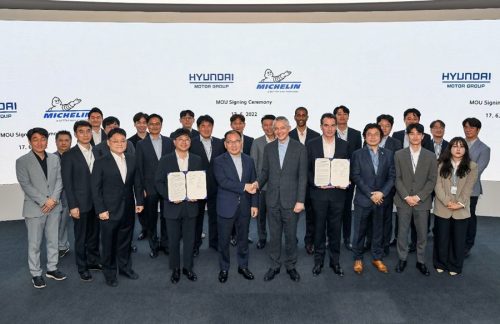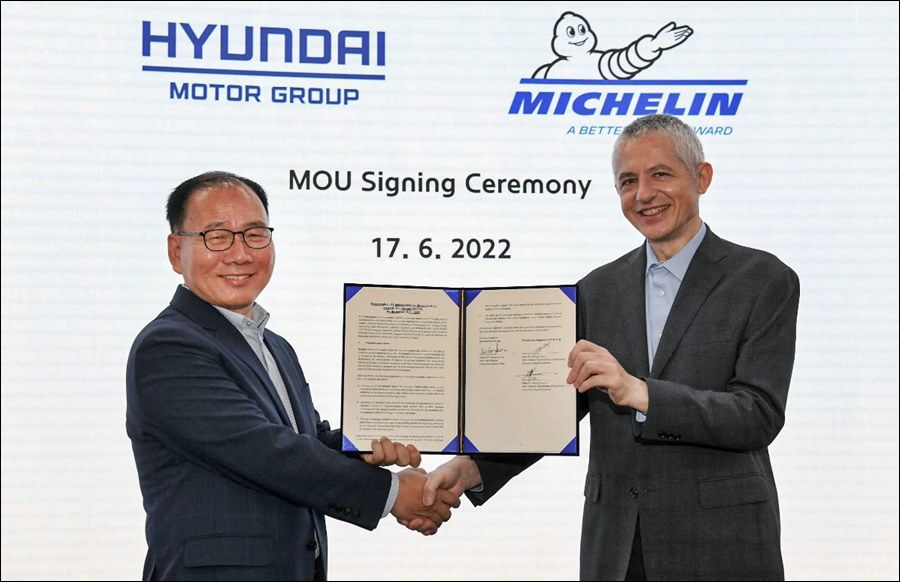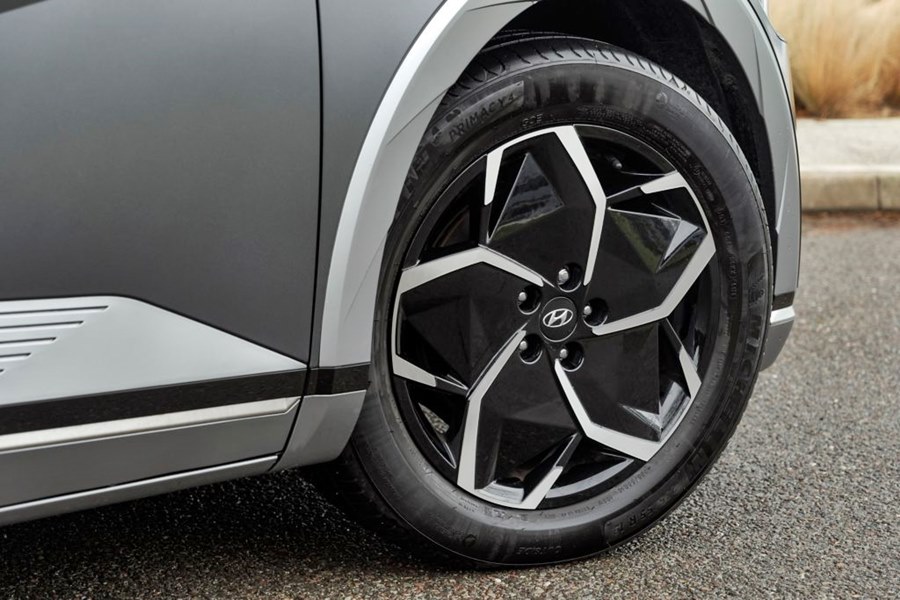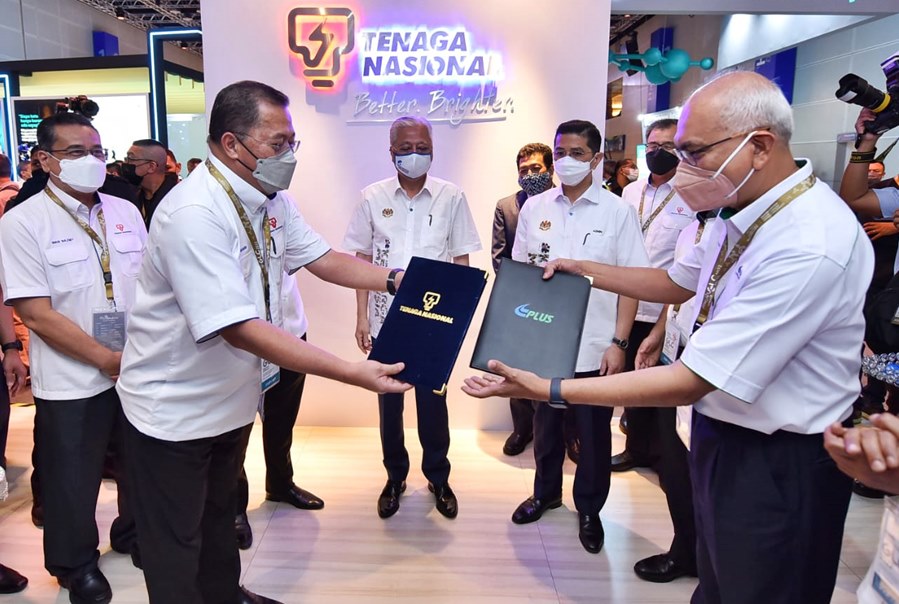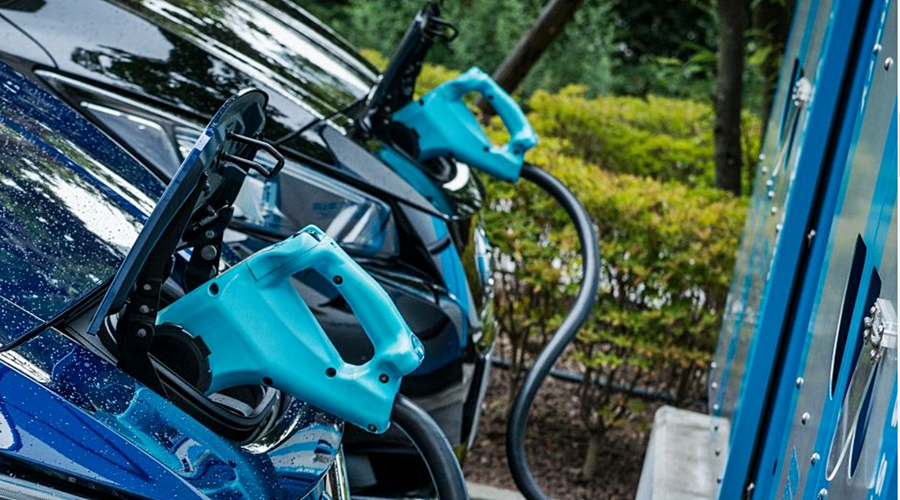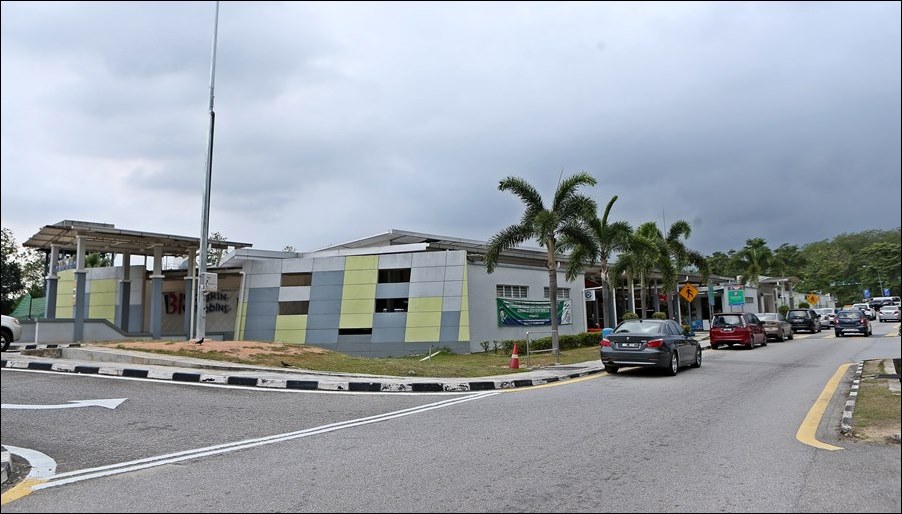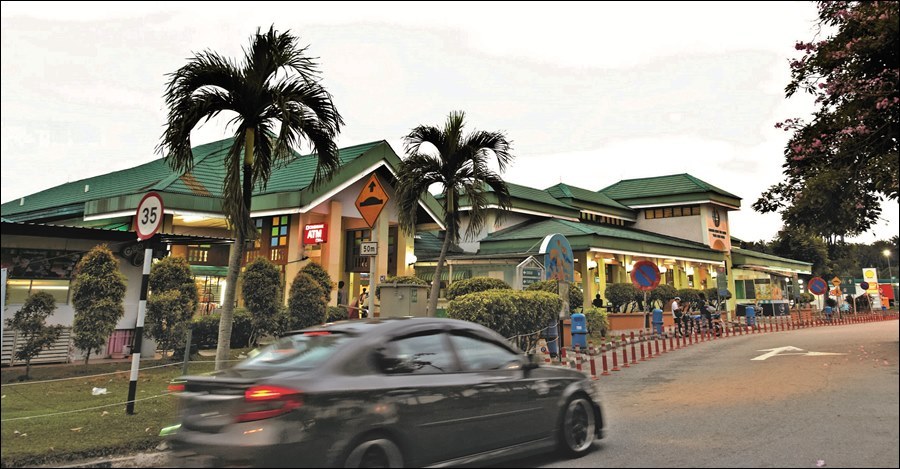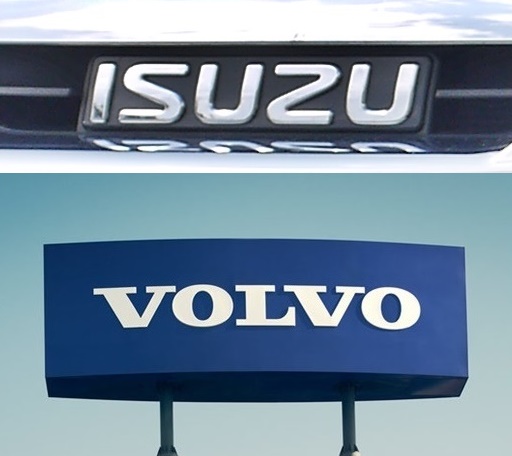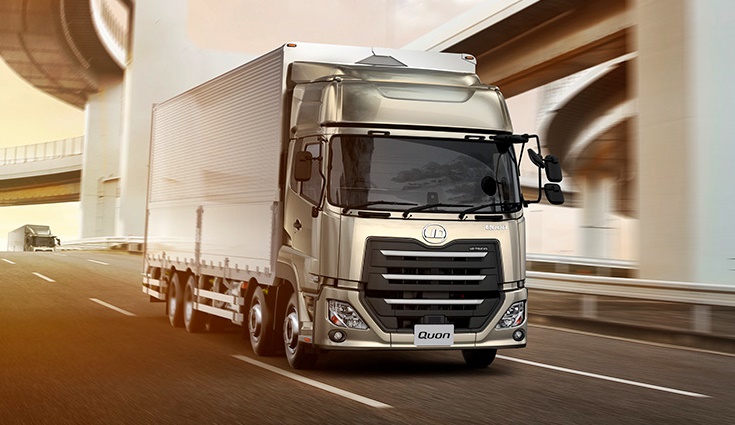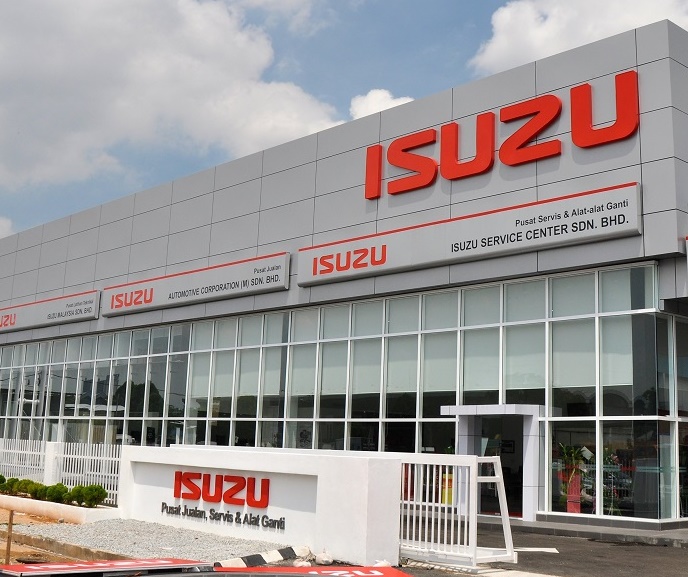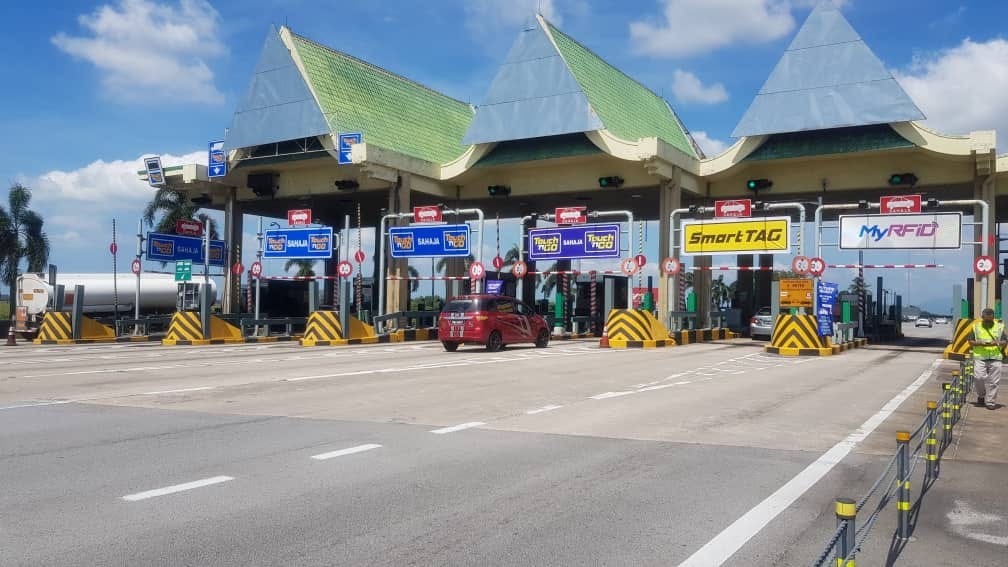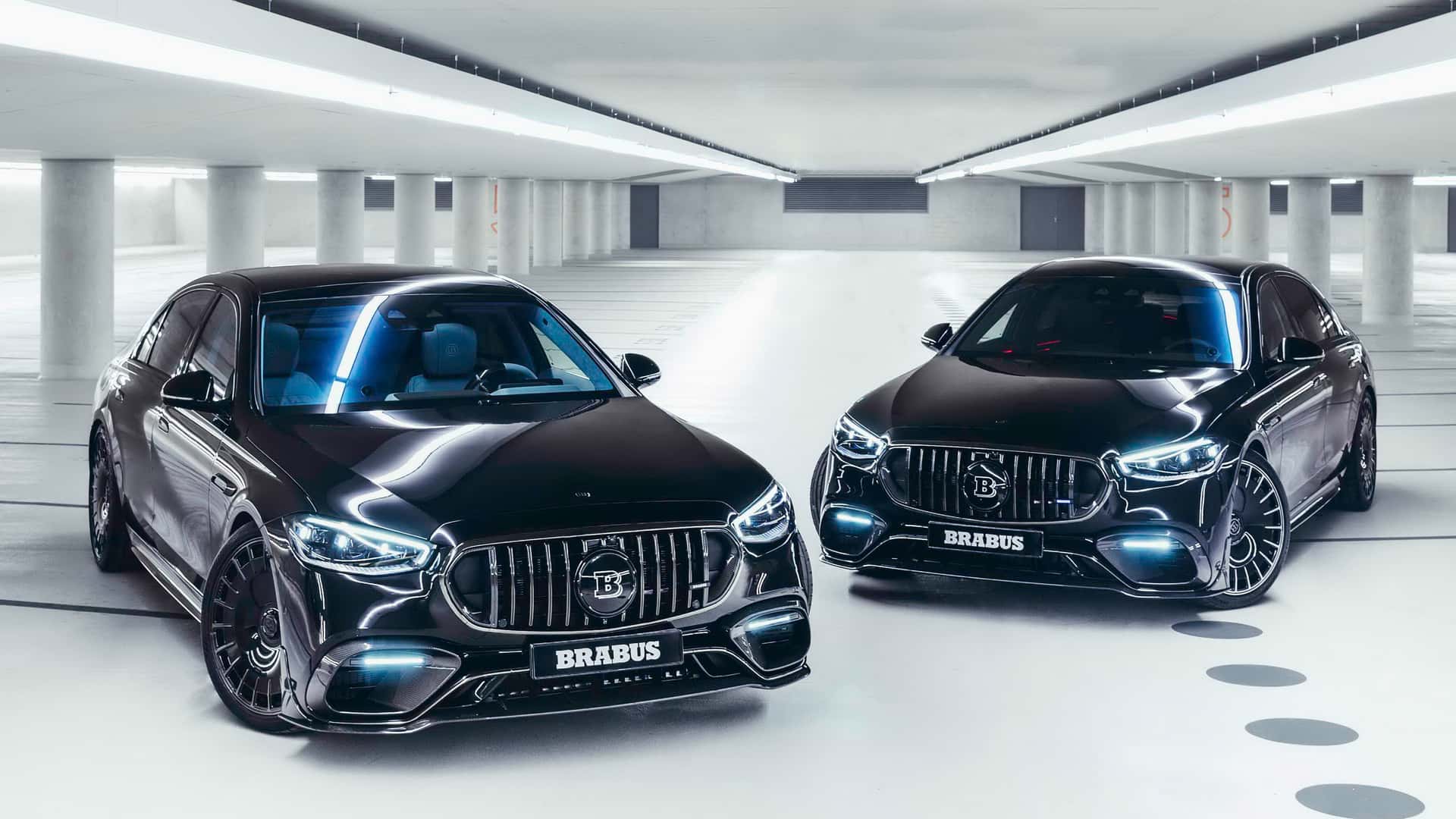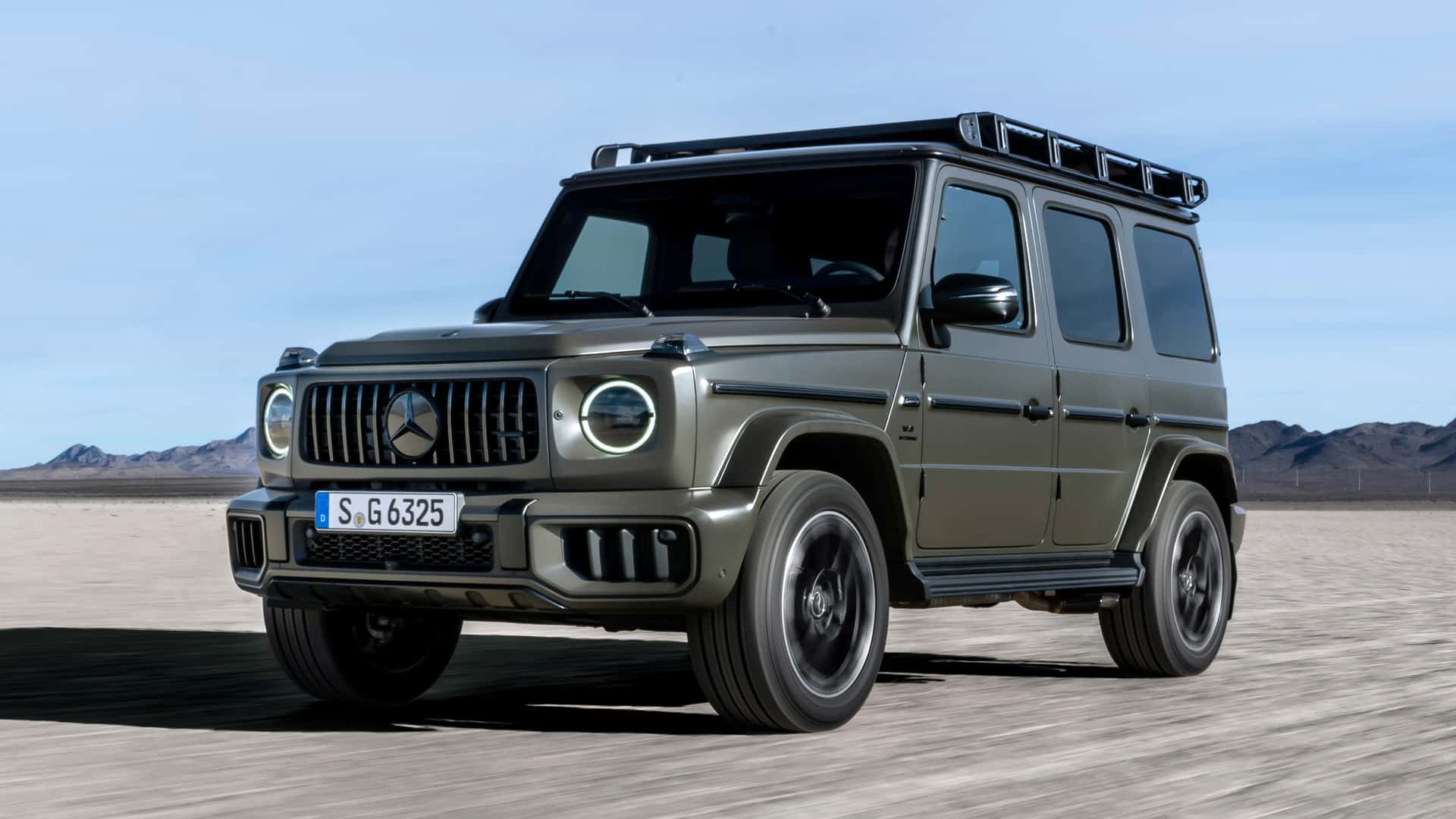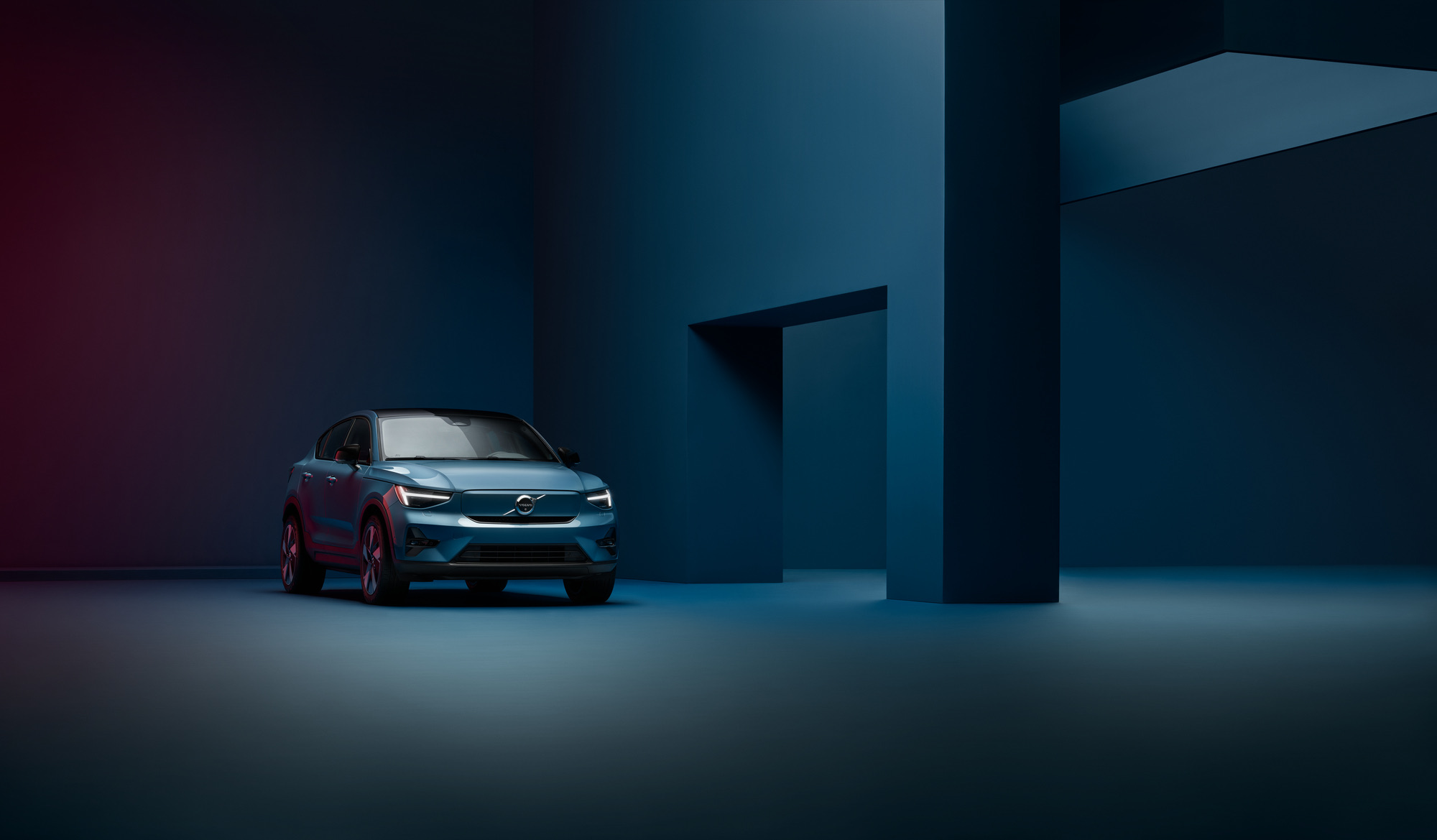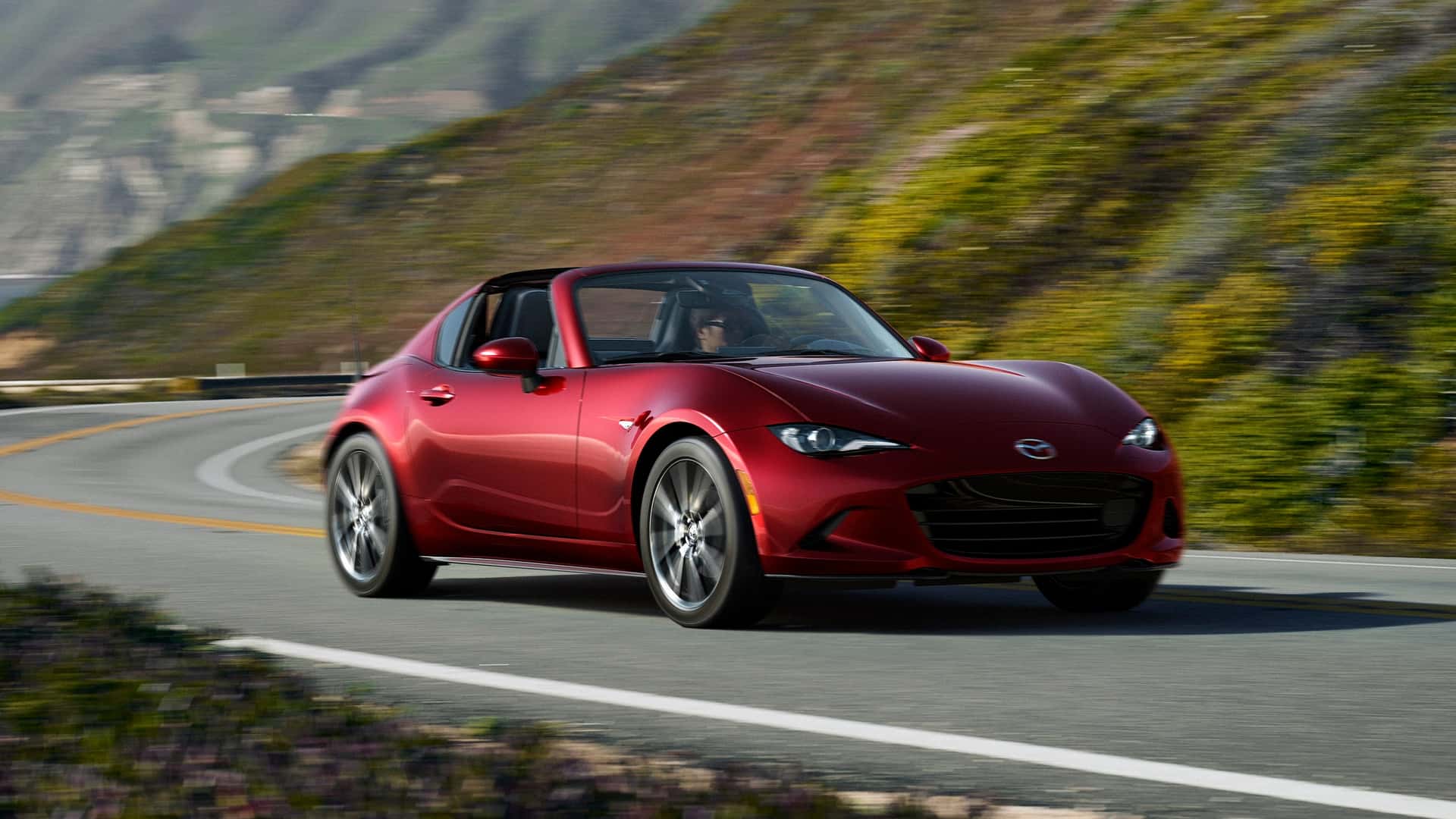The Hyundai Motor Group (HMG) aims to capture a 7% share of the electric vehicle (EV) market by 2030, by which time it expects to be selling 1.87 million vehicles annually. To achieve this goal, the Korean carmaker will invest around 19.4 trillion won (US$16.10 billion) in EV-related businesses.
Besides its own investments, it will also work with other parties in various fields of expertise and one of them is Michelin. A MoU (Memorandum of Understanding) was signed recently for collaboration on R&D for innovative tyre technologies over the next 3 years. These technologies will be used in the development of next-generation tyres optimized for premium EVs.
The MoU is the second one between the two companies, following the successful completion of their first partnership. This collaboration will lead to a new journey towards developing next-generation tyres to be equipped with the Group’s clean, smart and sustainable mobility solutions.
“This partnership with Michelin will result in real innovations in tire technology, solidifying Hyundai Motor Group’s position as a leader in the smart mobility industry,” said Bong-soo Kim, Vice-President and the Head of Chassis Development Centre at the Hyundai Motor Group. “By fully leveraging our mobility technology and Michelin’s tyre expertise, we are confident in our ability to achieve ground-breaking innovations in tire performance enhancement and create synergies in this organic collaboration.”
In the previous 5-year partnership that began in November 2017, the companies jointly developed an exclusive tyre for the IONIQ 5 EV. There were also joint experiments and analysis methods carried out which were related to tyres as well as technology exchange.
Over the next 3 years, HMG and Michelin will jointly develop the following innovations: eco-friendly tyres with increased use of eco-friendly materials; tyres optimized for next-generation EVs; and a real-time tyre monitoring system which will help advance autonomous driving technology.
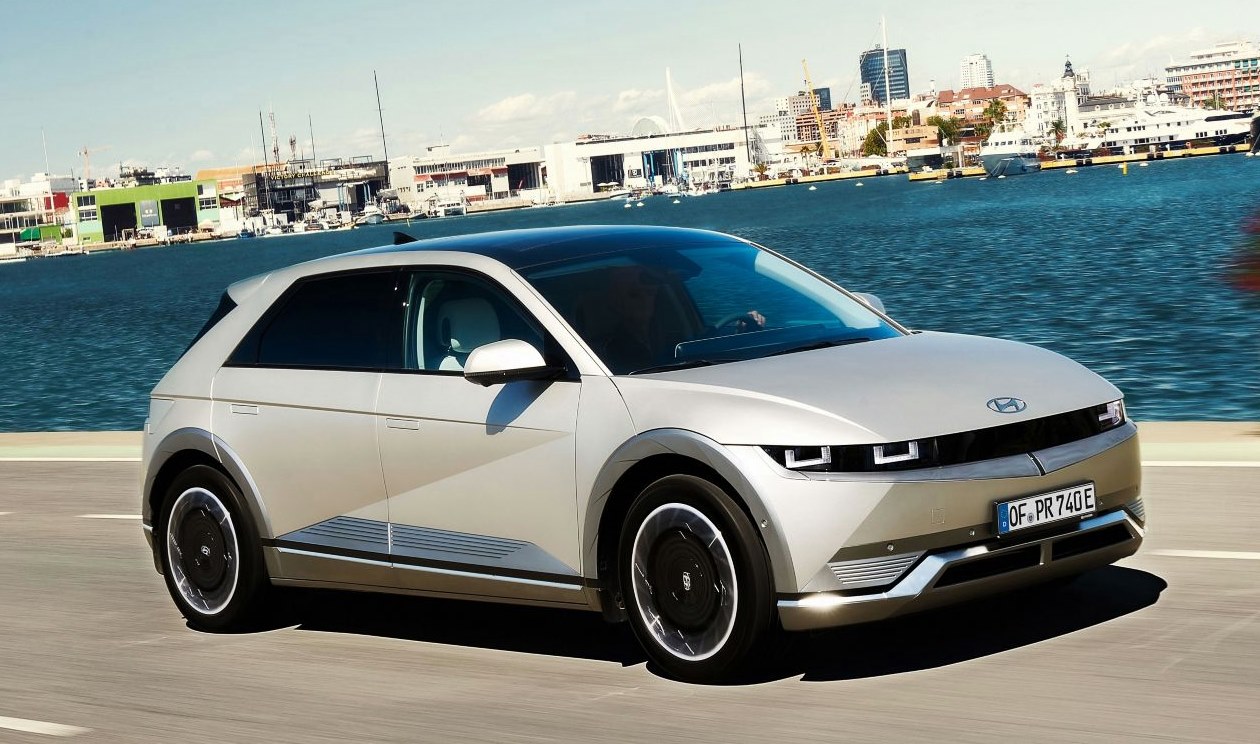
“The collaboration between Hyundai Motor Group and Michelin over the past 5 years contributed to the successful launch of the Hyundai IONIQ 5,” said Georges Levy, Executive Vice-President of Automotive Original Equipment at Michelin. “We are pleased to announce that the relationship has been extended for 3 more years to continue our work together on new technologies in favour of safer, cleaner mobility. The association between Hyundai Motor Group and Michelin is founded on the same vision and on a shared passion for excellence, performance and innovation that have become increasingly essential factors as we rise to the mobility-related challenges we all face today.”
The next-generation tyres will be installed on future premium EV models of HMG. The new tyre technology is critical to meet the durability requirements of tyres, as well as driving performance and electric efficiency under high load as the driving range of EVs continues to increase.
There will also be joint research to analyse tyre wear, tyre load and road friction beyond the current standards of tyre temperature and air pressure. The new tyres are also expected to significantly improve ride comfort by reducing vibration and noise generated by EVs at high speeds.
Additionally, there will be research into ways to increase the use of eco-friendly materials in tyres to about 50% of the total tyre weight from 20% currently.
Hyundai Sime Darby Motors launches second EV – the Hyundai IONIQ 5, priced from RM199,888


